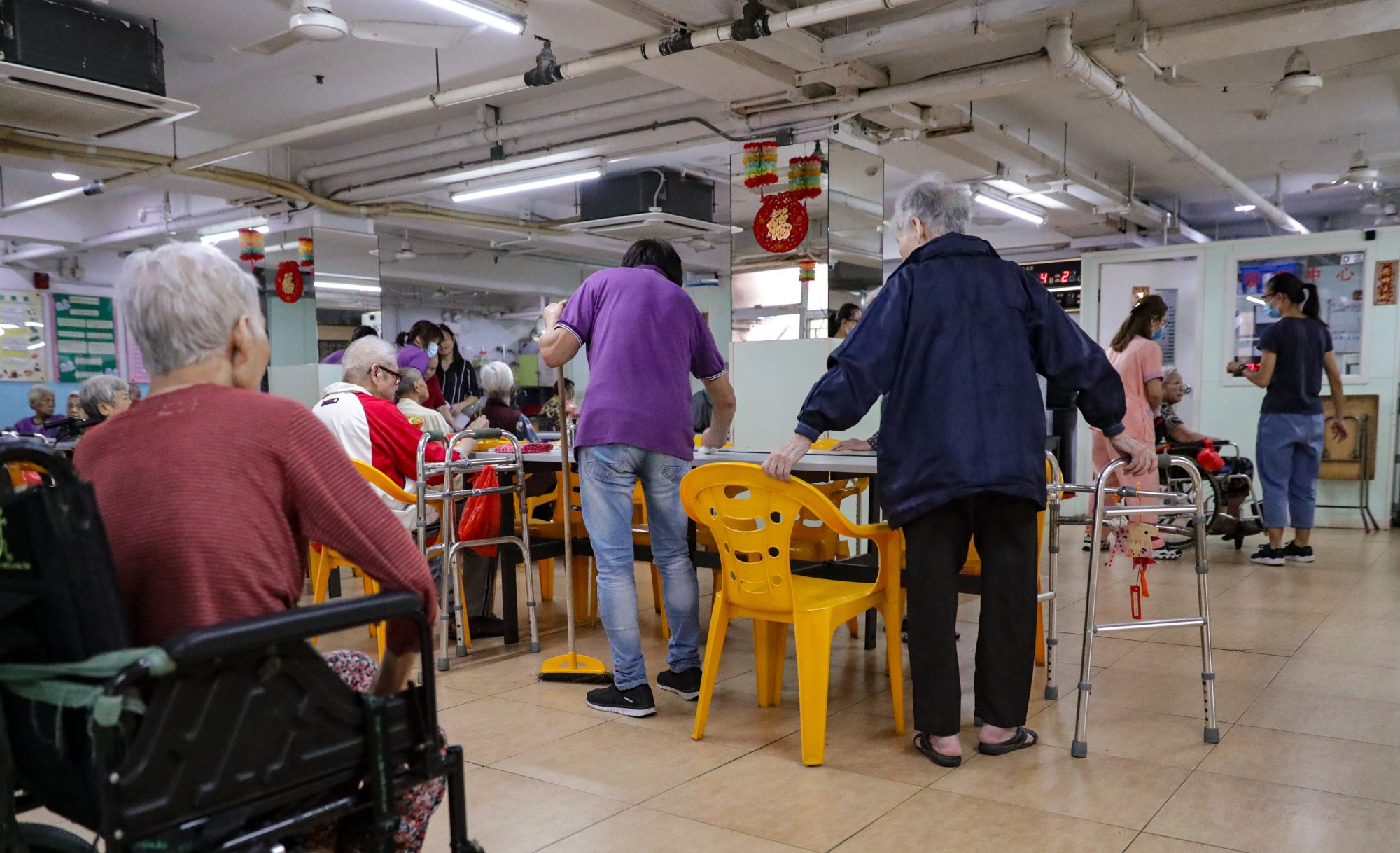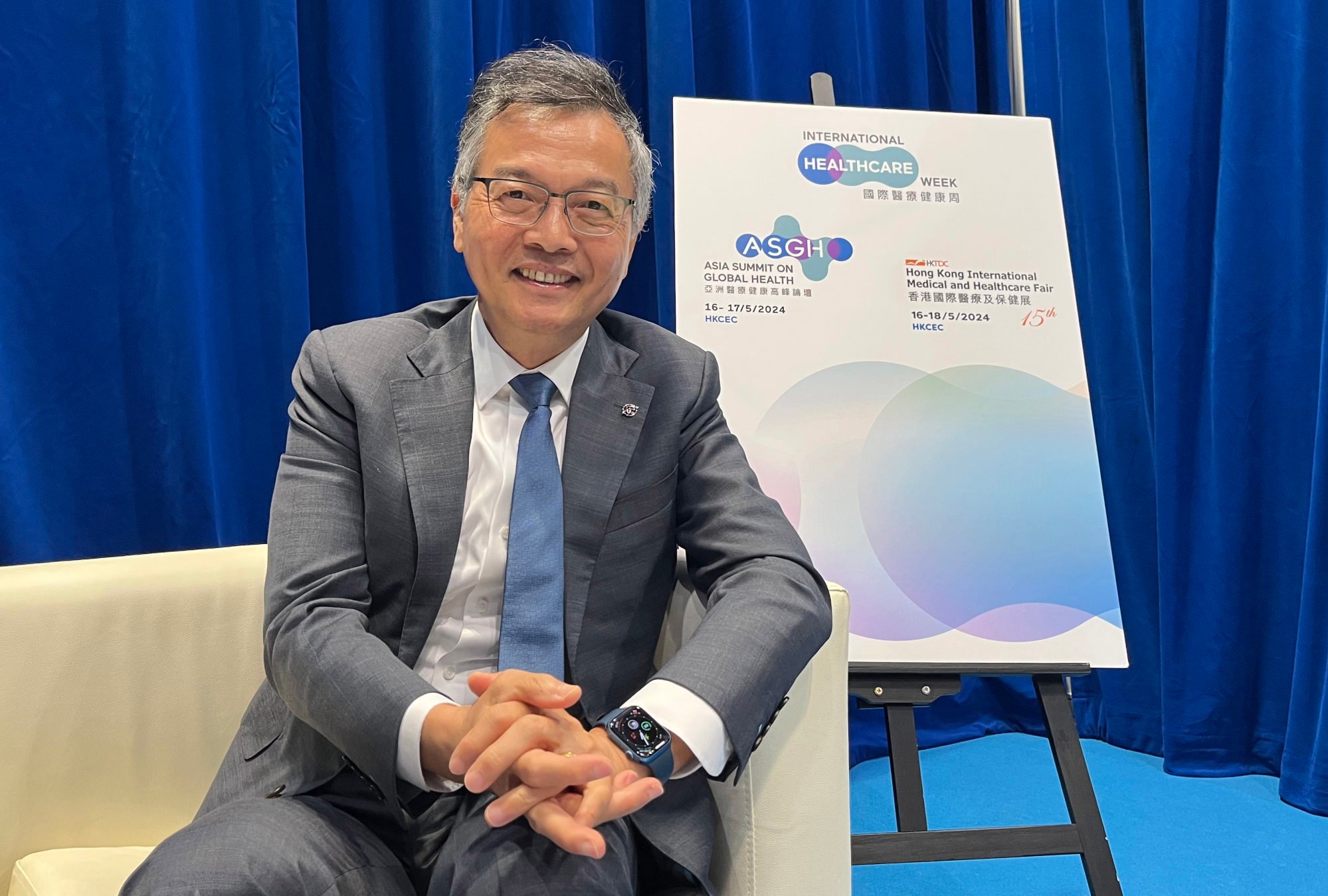Hong Kong elderly with dementia should receive early care before diagnosis, mental health advisory chief says
Dr Lam, who is also the former chairman of the government’s Elderly Commission and a member of the city’s top decision-making Executive Council, said under the current system “people suffering from dementia have to queue for a long time for diagnostic services at the Hospital Authority, which may delay their treatment and support from the community”.
“This is the bottleneck we are facing,” he said.
The Health Authority said dementia patients commonly suffered from various other chronic diseases such as hypertension, diabetes and cardiovascular diseases, on top of being susceptible to memory loss and prone to falls.
“In order to use our resources flexibly, the authority will arrange for patients to visit general, internal medicine, geriatric or psychogeriatric outpatient clinics, or memory clinics, to receive services, so that they can receive joint consultations and treatments,” the authority said in response to questions from the Post.
Lam’s observations about delays in care for elderly patients were underlined by the Jockey Club Centre for Ageing, which said those suspected of having dementia had to wait to be assessed by healthcare professionals before receiving support at the community and residential level.

This process should be revised, Lam said, as the government should not wait for diagnosis before providing community support in areas such as promoting physical and mental exercise among the elderly.
Latest government figures showed the number of dementia patients receiving treatment at public hospitals had increased from 72,900 in 2018 to 84,100 in 2022. Among 2022 figures, 75,700 were 65 years or older and 8,400 were under 65.
Meanwhile, a survey conducted by the Hong Kong Alzheimer’s Disease Association in 2022 found that 60 per cent of dementia patients waited over a year to be diagnosed, while 40 per cent waited for two years or longer.
Lam suggested the government take reference from the On-site Preschool Rehabilitation Services launched in 2023, which offers care support to preschool children with special needs even as they await a formal diagnosis by the government’s assessment centres.
“Preschool children with special needs are also facing a similar bottleneck [due to] a shortage of paediatricians,” he said.
“[But] the government has made changes so that occupational and physical therapy can be provided to those who have not yet been diagnosed.”

Lam said the commission would invite various government departments to discuss ways to build an effective system for dementia patients.
“We have primary healthcare centres now, as well as many elderly centres. We can launch more collaboration with the Department of Health and Health Bureau to provide community support to the elderly who have not been diagnosed,” he explained.
Lam also addressed other mental health-related incidents raised by the Post.
Asked about the case of a 58-year-old woman who reportedly killed her mentally disabled son before committing suicide in their flat last week, Lam said charities may face difficulties identifying troubled carers within the community, but urged those serving the elderly and mentally disabled to nonetheless be on the lookout for those who were reluctant to seek help and provide the necessary support.
Addressing the case of a 13-year-old girl who allegedly attacked a classmate with a knife in school last week, Lam said that regardless of whether the girl had psychological issues, her actions impacted the mental health of other pupils.
He added the commission was working with both the Education Bureau and Department of Health to encourage schools and community stakeholders to create a safer learning environment for children.